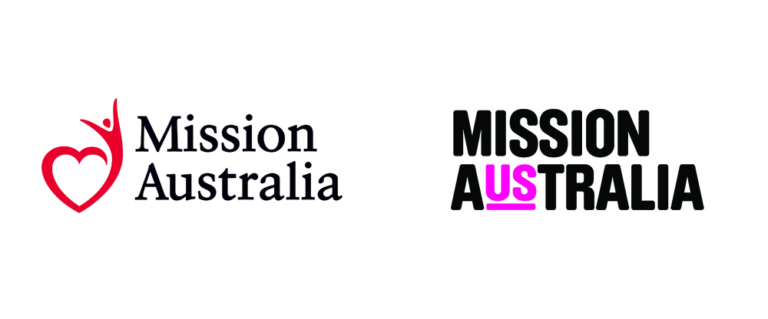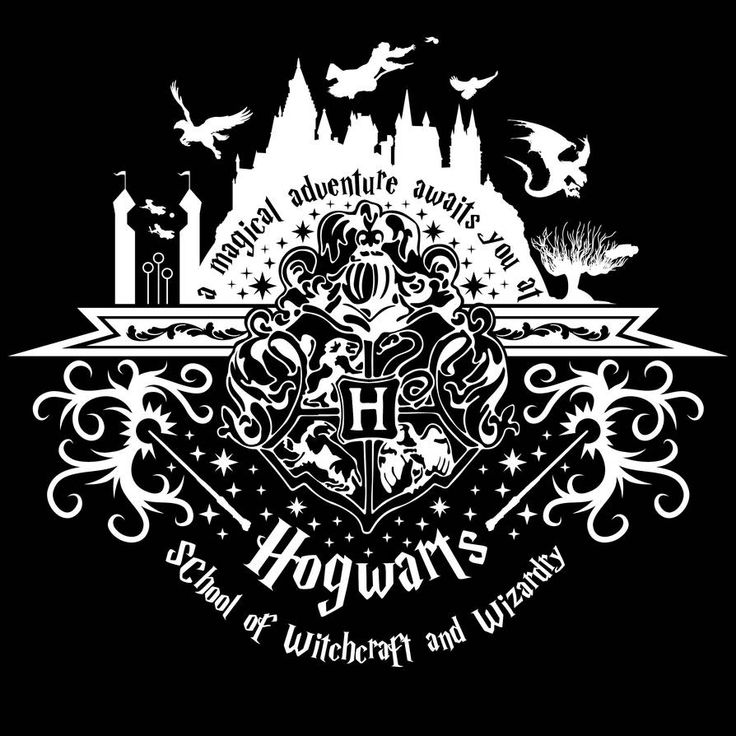Ice breaker
RISING use of the drug ice is contributing to higher incidence of family violence and assault in South Gippsland, health services believe.
According to recent Victoria Police crime statistics, assaults, including family violence, are up by 16.3 per cent over the past 12 months in the Bass Coast Police Service Area, which covers South Gippsland and Bass Coast shires.
A public information session run by the Wonthaggi Police was held at the Wonthaggi Workman’s Club last Wednesday night in a bid to educate the public about the dangers of the drug before it escalates locally.
According to Youth Support and Advocacy Service (YSAS), drug use has tripled in young people across Victoria over the past three years.
“I have never seen anything like this poison called ice,” senior magistrate Clive Alsop said.
Mr Alsop said he has had plenty of experience of alcohol and cannabis issues in South Gippsland before but ice poses an even greater risk.
Ice is a common name for crystal methamphetamine. It is more potent than its powder form commonly called speed.
Deaths from ice have escalated every year and are reaching epidemic proportion across Victoria.
Ice use is having a massive impact on the community, with young children exposed through family drug use, employers dealing with affected employees and individual drug users breaking down.
“Don’t go near it,” Bass Coast Community Health’s acting drug and alcohol coordinator Karley Oakley said.
“That’s the main thing. It’s hard, but it’s harder to pull away once you’ve had it in your system.”
According to the Victoria Police Clandestine Laboratory Squad, the number of labs manufacturing ice is increasing, with squad’s workload rising by more than 40 percent.
The squad works to investigate potential clandestine laboratories and disable them. They collect samples of evidence from these laboratories for prosecution purposes.
In 2013, 142 clandestine laboratories were identified. Most of these were located in residential homes across the state.
“Ice is manufactured by chemicals that are toxic to the human body,” Detective Senior Constable Peter Clarke from the Victoria Police Clandestine Laboratory Squad said.
“Access has become a lot easier. Drug recipes can be accessed online and materials can be picked up at your local hardware store. You don’t know how it’s made or what will be going into your body.”
Clandestine laboratories can be distinguished by covered windows, chemicals or equipment, peculiar chemical smells, large or multiple exhaust fans, water hoses leading inside, evidence of fire and explosions, and stains on ceilings or walls.
Physically, affected users will experience loss of appetite, restlessness, clenched jaw, sweaty palms, flushed or pale faces, paranoia, itchy skin, depression, anxiety and withdrawal. Ice provides illusions of hope and optimism in the short term but the long term effects are devastating.
Duncan Roney, Mobile Intensive Care Ambulance (MICA) team manager at Wonthaggi, said he understands there is a problem, and paramedics’ main priority is to learn more and keep people safe.
Bass Coast Community Health’s drug and alcohol team is there to help carers, service employers and give support through the justice system.
“Our doors aren’t closed to anyone,” Ms Oakley said.
“We offer steps towards treatment through child protection, rehab or detox, and we take phone referrals.”
Help is there and recovery is possible. Guest speaker Melbourne’s Jimmy Loops shared his story of recovery to offer to those who are struggling with the addiction in their live. He has now been clean for three years and nine months.
“It works if you want it but you have to be willing,” he said.
“The consequences and pain will make you analyse what needs to be changed.”
Help and support can be found at Bass Coast Community Health on 5671 3500 or through the Self Help Addiction Resource Centre (SHARC) hotline on 1300 660 068.

Notable increase: Victoria Police Clandestine Laboratory Squad Detective Senior Sergeant Peter Clarke, Wonthaggi Police Acting Sergeant Michael O’Brien and Wonthaggi Inspector Graeme Sprague has seen a rise in the drug crisis.
Short URL: /?p=10313






